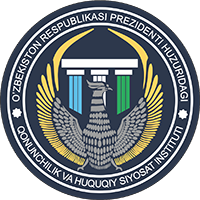The Institute of Legislation and Legal Policy organised a theoretical seminar on topical issues of transboundary water use with the participation of the Director of the Scientific-Information Center of the Interstate Commission for Water Coordination of Central Asia D.Ziganshina.
During the event, views on international legal aspects of improving transboundary water use in the world and the region were exchanged.
It was noted that there are about 300 transboundary river and lake basins and about 600 transboundary aquifers in the world, accounting for 60% of the world’s freshwater reserves. Nevertheless, international organisations estimate that global transboundary water scarcity will increase dramatically over the next 15-30 years, particularly in regions such as the Middle East, South Africa, Central Asia and South-East Asia.
It was stressed that the situation in the Aral Sea basin is complicated by the growing demand for water resources, population growth and economic needs. According to projections by international organisations, per capita water withdrawals are expected to decrease by 2035, bringing the region closer to the critical threshold of water stress.
In this context, the expert pointed out the need to strengthen institutional mechanisms such as the ICWC and other international water organisations, which can play a crucial role in monitoring, managing and allocating water resources, resolving disputes and preventing conflicts.
At the end of the seminar, participants agreed on the importance of strengthening international cooperation in the rational use of transboundary water resources in order to achieve sustainable management of these resources.






